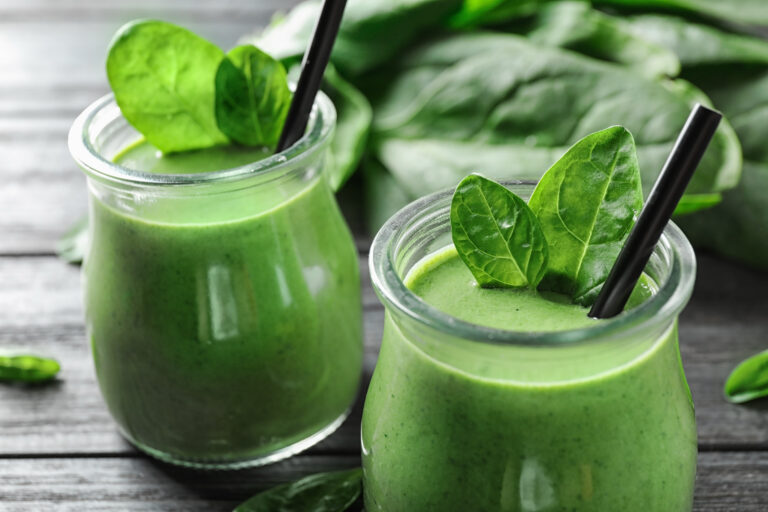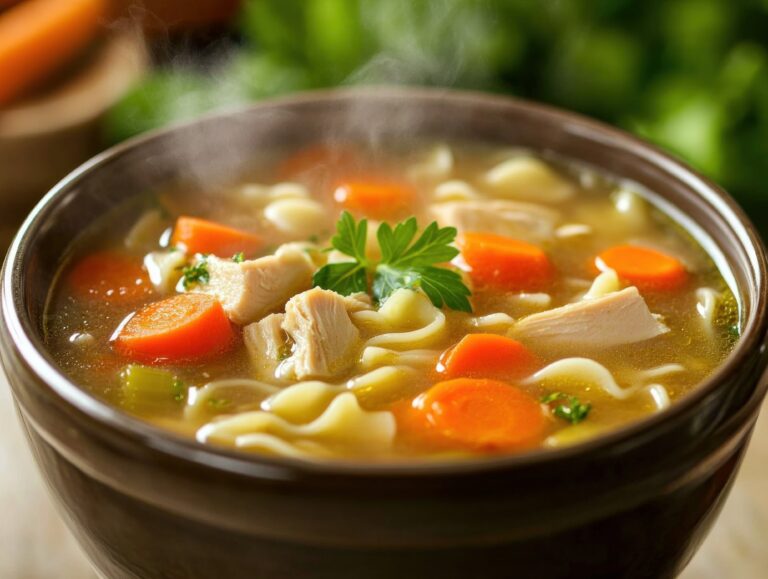
The Power of Hydrating Foods in Summer
Share
When summer temperatures soar, it’s more important than ever to keep your body properly hydrated. While drinking water is essential, many people overlook another key source of hydration—the foods we eat. Incorporating water-rich fruits and vegetables into your daily routine is a simple and delicious way to stay refreshed, energized, and healthy all summer long.
Why Hydration Matters
Proper hydration supports nearly every function in your body, including regulating temperature, lubricating joints, aiding digestion, and maintaining healthy skin. In hot weather, we lose more fluids through sweat, so replenishing that loss is critical—especially if you’re spending time outdoors or staying active.
Hydrating Foods to Add to Your Plate
Some foods are packed with water and essential nutrients that help your body stay hydrated naturally. Here are some top picks to stock up on this summer:
- Cucumbers – About 95% water; cucumbers are perfect for snacking or adding to salads.
- Watermelon – A summer favorite, this fruit is not only 92% water but also rich in vitamins A and C.
- Strawberries – These berries are more than 90% water and make a refreshing addition to yogurt, cereal, or smoothies.
- Celery – Crunchy and low in calories, celery is full of water and electrolytes like potassium.
- Tomatoes – These versatile fruits contain about 94% water and work well in everything from salads to pasta dishes.
- Lettuce and Leafy Greens – Great for hydration and full of fiber, vitamins, and antioxidants.
- Oranges and Citrus Fruits – Hydrating and packed with immune-boosting vitamin C.
Tips for Eating More Hydrating Foods
- Keep a bowl of cut fruit in the fridge for quick and easy access.
- Add cucumber or citrus slices to water for extra flavor and nutrients.
- Blend water-rich fruits into smoothies or freeze them into homemade popsicles.
- Choose salads or wraps with plenty of fresh vegetables.
A Balanced Approach
While hydrating foods help you meet your fluid needs, they’re not a complete substitute for water. Aim to drink water consistently throughout the day and pair it with a diet rich in fruits and vegetables to maximize your hydration.


